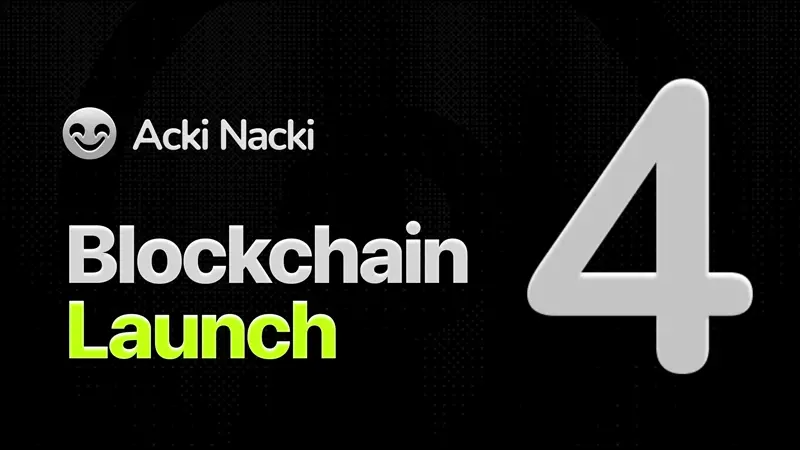The Tyranny of the Password
Let’s start with the obvious: passwords suck.
They’re the digital equivalent of a lock with a thousand keys scattered across your life, a different one for your email, bank, Netflix, work, your kid’s school portal, the smart fridge… it never ends. The average person juggles over 100 passwords, each supposedly complex, unique, and unguessable, yet somehow also easy to remember. It’s absurd.
And worse, they don’t even work.
Data breaches leak billions of credentials each year. Phishing attacks trick even the careful. Password managers help, sure, but they’re just crutches for a broken system, a system that assumes your memory is the last line of defense against the world’s most persistent criminals.
So here’s the question: what happens when we kill the password?
From Access to Presence
What replaces the password isn’t just a better lock. It’s a paradigm shift.
In a post-login world, you don’t prove who you are every time. Your very presence, your device, biometrics, location, behavior, or cryptographic signature, is your proof.
It’s already starting:
-
Biometrics like Face ID or fingerprint scans are becoming default.
-
FIDO2/WebAuthn is phasing out passwords in favor of hardware keys and biometric devices.
-
Decentralized Identifiers (DIDs) let you hold verifiable credentials in a wallet you control, no centralized database required.
-
Behavioral authentication looks at typing patterns, mouse movement, even how you hold your phone.
This new era isn’t about asking, “Who are you?”
It’s about machines that know, ambiently, probabilistically, cryptographically.
Think of it this way:
Passwords were about access.
The future is about presence.
The Identity Layer of the Internet
Right now, identity on the internet is patchy. You’re a different “you” to Google than to your bank than to your gaming platform. We’ve duct-taped identity across services, platforms, and apps with sign-ins, OAuth tokens, and endless forgotten credentials.
But imagine this: a native identity layer for the internet.
Like DNS, but for you.
You have a single digital ID, a cryptographic construct, maybe seeded by your government ID, your biometrics, or both. This ID lives in your control, possibly on a hardware device, or maybe even embedded biologically (sub-dermal chips, neural implants, pick your flavor of future).
When you “exist” online, that ID proves you’re you. Not because you typed a password, but because the system recognizes your presence.
You walk into a store — no checkout.
You open an app — no login.
You sign a contract — no witnesses needed.
Your self becomes the key.
The Rise of Zero-Knowledge Identity
Of course, the second we create a persistent, portable digital ID, we flirt with dystopia. Who controls it? What if it leaks? Can it be faked? Tracked?
Here’s where zero-knowledge proofs (ZKPs) come in.
ZKPs let you prove something is true without revealing the thing itself. For identity, this is massive. You could prove:
-
You’re over 18, without revealing your birthdate.
-
You’re a licensed doctor, without showing your actual license.
-
You’re vaccinated, without disclosing your medical record.
In a ZK-powered world, your identity becomes a bundle of proofs, selectively disclosed and cryptographically validated, with no central authority watching.
Combine this with self-sovereign identity (SSI), where your credentials are stored on a device or decentralized network you control, and we begin to glimpse a passwordless, permissionless future.
A future where “who you are” isn’t a data field, it’s a cryptographic truth.
You Are the Wallet
Here’s where it gets even weirder.
In a post-password world, your digital identity may merge with your wallet. The same cryptographic keys that sign transactions could also sign logins, documents, votes, or access gates.
Already, some Web3 platforms are doing this:
-
Want to access a site? Sign a message with your wallet.
-
Want to vote in a DAO? Use your on-chain ID.
-
Want to prove credentials? Show a soulbound token or ZK badge.
Your identity becomes programmable, a modular stack of attestations and actions, all tied to keys you control.
But the risk is real:
Lose the keys, lose yourself.
Get phished, and someone is you, everywhere.
This is why the future needs not just better tech, but better ritual.
We’ll need cultural upgrades around key safety, recovery, delegation, and identity hygiene. We’ll need to think of identity not as fixed, but as flexible, revocable, resilient.
Death, Delegation, and Digital Afterlife
In this future, death gets interesting.
When your identity is cryptographic, what happens when you die?
-
Who inherits your keys?
-
Can your credentials be revoked?
-
Can an AI trained on your data become you?
Estate planning might soon include multi-sig identity delegation, where your family can recover your keys and phase out your credentials. Or not. Maybe you choose to persist, as an AI model, a digital twin, a DAO participant in perpetuity.
Digital immortality will become a choice, a slider you adjust.
Do you want to vanish with your breath, or persist with your data?
And that brings us full circle to trust.
Trust in a World Without Secrets
Passwords were a blunt tool for trust, a shared secret between you and a system.
But secrets are fragile. They leak. They’re guessed. They’re stolen.
The post-password world is built not on secrets, but on proofs.
Proofs of presence. Proofs of reputation. Proofs of stake. Proofs of thought, even.
It’s a colder system, perhaps. But maybe also safer. Fairer.
No more remembering childhood pets or typing “qwerty123” in desperation.
No more breaches that spill your entire life into the darknet.
Just presence. Proof. Permission.
Closing: The Unseen Future
There’s one more angle to all this, the quiet, creeping transformation of human interaction.
Because once we shed the friction of logins, once our devices know us and act on our behalf, once our identities are ambient and portable… we stop thinking about who we are to the machine.
We just are.
You sit down at a café, your phone pings a secure unlock for the Wi-Fi, your coffee is charged to your decentralized wallet, your health app logs your biometrics via the chair’s smart cushion, and your newsletter publishes automatically with your AI co-author signing your digital keys.
You didn’t log in. You didn’t ask permission.
You didn’t “authenticate.” You just lived, and the system followed.
It’s subtle. But profound.
The death of the password isn’t about removing a nuisance.
It’s about liberating the interface, making identity something felt, not proved.
It’s the beginning of a world where trust isn’t a hoop you jump through. It’s the air you breathe, invisible, ambient, persistent.
The future isn’t passwordless.
It’s frictionless identity.
And it’s already here.




